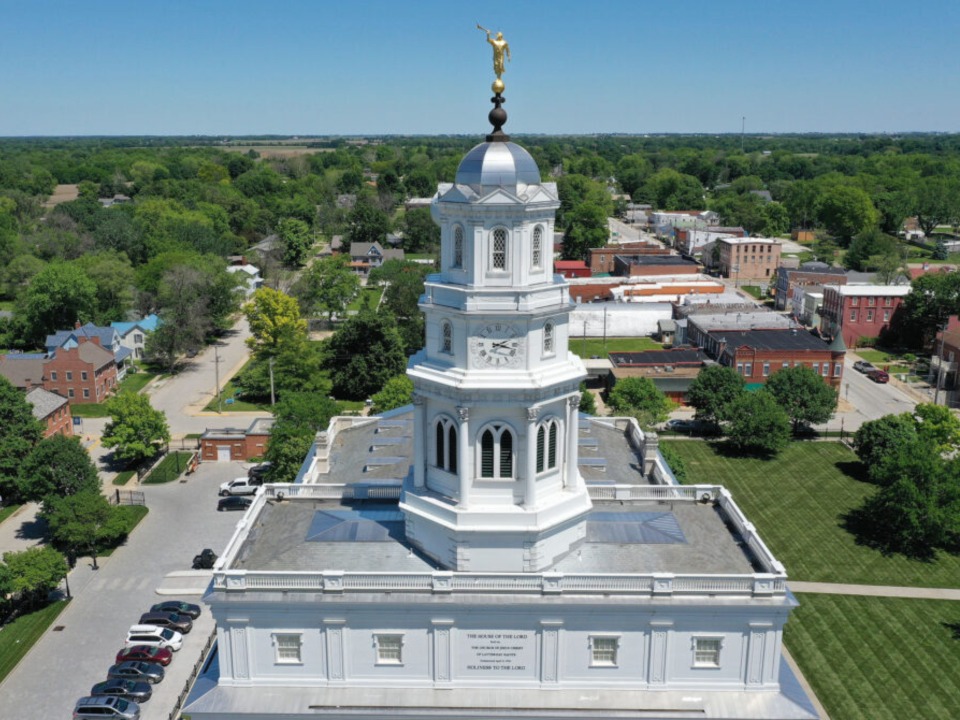
This story appears here courtesy of TheChurchNews.com. It is not for use by other media.
By Christine Rappleye, Church News
Building a temple in Nauvoo, Illinois, when early members of The Church of Jesus Christ of Latter-day Saints worked to make the bend in the river a hospitable place to live, wasn’t convenient or easy.
“They understood that there was something really important that superseded any inconvenience on their part, and that was bringing the power of godliness more fully into the lives of men and women,” said Church historian Spencer McBride, who is also an associate managing historian of the Joseph Smith Papers project.
The Nauvoo Temple is the focus of the third Joseph Smith Papers miniseries podcast that McBride has hosted. The first of the documentary-style podcasts is about the First Vision, and the second is focused on the priesthood restoration. All of the episodes of “The Nauvoo Temple: A Joseph Smith Papers Podcast” were released Thursday, October 14.
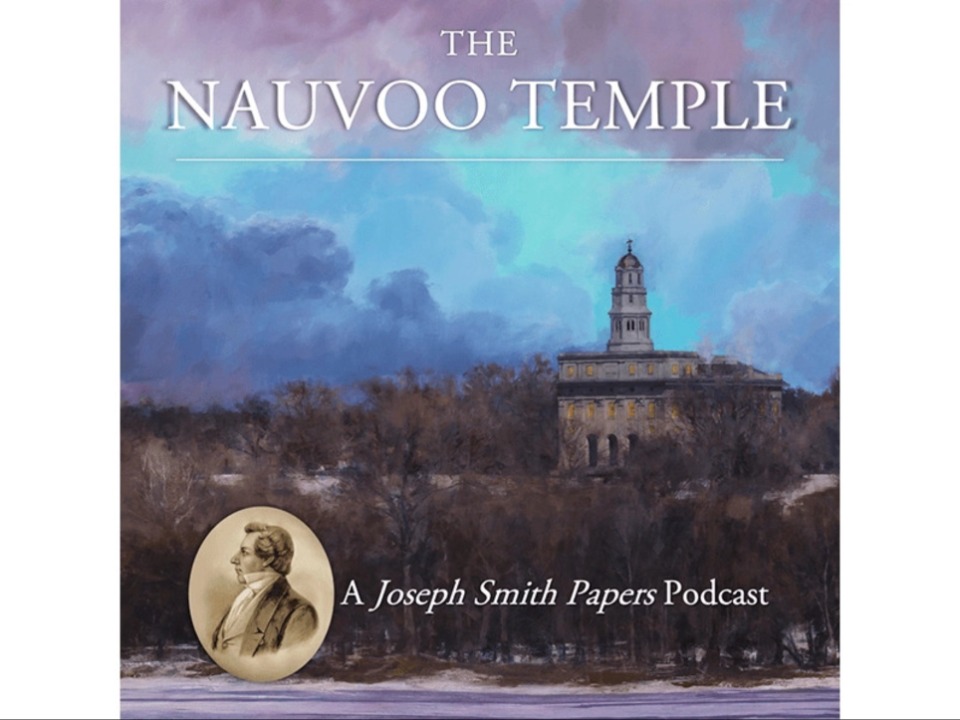
These podcasts are designed to “do deep dives into certain pivotal events in Joseph Smith’s life,” McBride said. “The Nauvoo Temple is absolutely essential to understanding Joseph Smith’s doctrinal teachings and to understanding the Restoration.”
It is in the Nauvoo Temple where the early Church members were introduced to the endowment and sealing ordinances.
“Understanding why that temple was built, how it was built and how the ordinances were revealed to Church members by Joseph Smith is an essential component of our history,” McBride said.
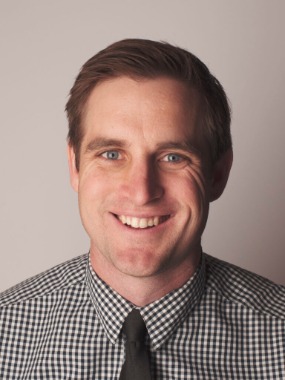
The eight-episode miniseries starts with the history of the community on the bend in the Mississippi River — which some maps labeled Commerce, Illinois — to the rebuilding of the Nauvoo Illinois Temple, which was dedicated in 2002.
The temple is “designed as a way to have the power of God in our lives, to strengthen us and to help us. And that was the clear motive of Joseph Smith and the early Church leaders and Church members in building these temples, and in getting these ordinances to as many people as wish to receive them — it brings the power of God in their lives.”
The podcast shares how the introduction of the temple ordinances occurred in phases, McBride said. Baptisms for the dead were revealed in Nauvoo, Illinois, and the administration of that ordinance was adjusted several times to align it with revelation. The endowment and sealing ordinances were introduced before the temple was completed to have them ready for when Church members could enter.
In the podcast, McBride interviews more than a dozen scholars, including those from the Church History Department and the Joseph Smith Papers project. Guests featured in the podcast include Alex Baugh, BYU professor; Lachlan Mackay, an elder and a historian with the Community of Christ; Elder Dale G. Renlund of the Quorum of the Twelve Apostles; and Relief Society General President Jean B. Bingham.
While Elder Renlund does not have ancestors involved with the Nauvoo Temple when the Saints were in Nauvoo, Illinois, like his wife’s ancestry does, he said he still claims that pioneer heritage and faith.
“It is an honor and a tribute to those pioneer ancestors, but it’s also, even if you don’t have pioneer ancestry, it still is saying that when times are difficult, wait. God will deliver on His promises. That brings faith to all of us, no matter what our situation,” Elder Renlund said in the eighth episode. “So, I think if you have ancestry that was literally there, or whether you have adopted yourself into that pioneer heritage, you derive the same blessings.”
Episode 5, “Looking Towards Eternity,” explores how Church members were prepared for the temple endowment and sealing, including founding the Female Relief Society of Nauvoo.
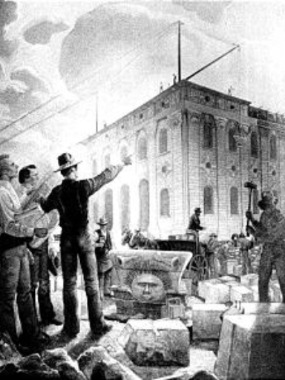
President Bingham points to how the Relief Society did — and still does — have two purposes: to provide relief and to help save souls. Making temple covenants and preparing to do so has been part of the latter purpose since the Relief Society’s beginnings and is still a focus today.
“They persisted in trying to make spiritual progress and helping others to do the same, and I think as we understand the why they did what they did, we can put those eternal principles into practice in our daily lives,” she said. “For me, learning about their sacrifices and their difficulties gives me courage. If they could move forward during such difficult times, so can we.”
The podcast is available in English, Spanish and Portuguese on the Joseph Smith Papers website. It’s also available in the Gospel Library (under Church History and then Joseph Smith Papers Podcasts), iTunes/Apple Podcasts, Google Play, Spotify and Amazon.
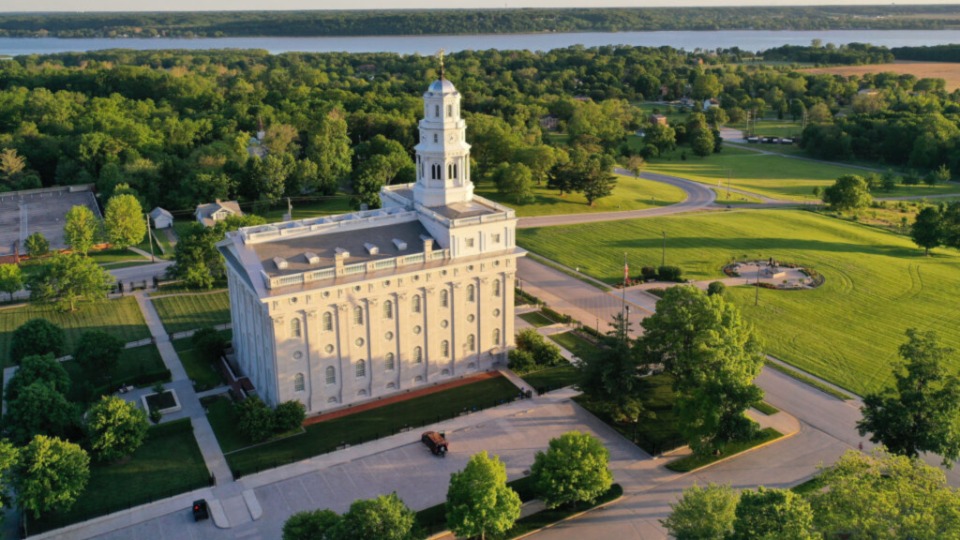
Copyright 2021 Deseret News Publishing Company
